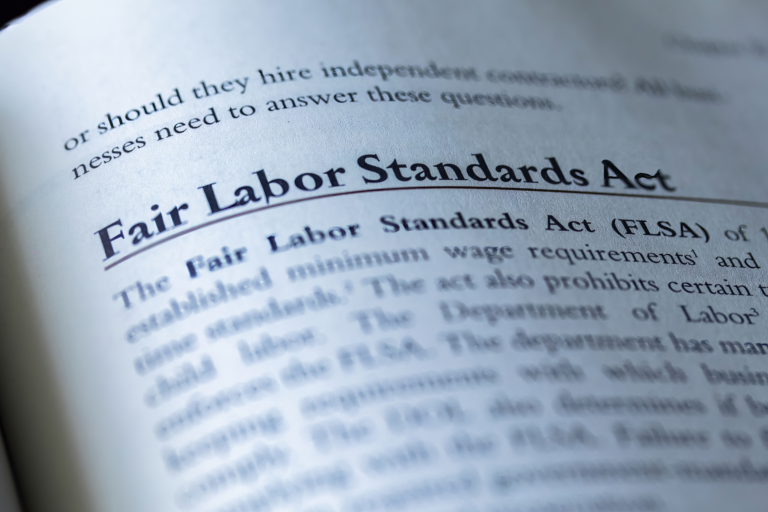What Hawaii Businesses Need to Know About Out-of-State Employees
For many years, Hawaii has been losing its residents. We all know someone who has moved from Hawaii to the continent for a new job, higher education, better cost of living, to be closer to family, or for military service. A 2021 report by the Department of Business, Economic Development and Tourism, reveals that young, educated workers have left Hawaii and as many as 500,000 people born in Hawaii now live on the mainland.
This churn of skilled workers can leave gaps in companies and hurt a company’s momentum. Furthermore, it can stifle industries and leave Hawaii falling behind and unprepared for jobs of the future.
Fortunately, in this new world of hybrid and remote work, businesses can build their dream team and retain employees even if they move away from Hawaii. Between 2019 and 2022, we saw a nearly 200% increase in clients needing to employ out-of-state employees—and we don't anticipate this trend to stop there. By 2025, we forecast that the number of clients with out-of-state employees will increase by another 70%.
Employing Workers Outside of Hawaii
More Hawaii-based businesses are hiring out-of-state employees. Find out why and what you need to know to build your dream team.
As companies struggle to find and retain qualified employees, being a multi-state employer is one way to retain your top performers when they relocate outside Hawaii, widen their talent pool, and fill technical gaps. With so many Hawaii-born now living on the mainland, hiring mainland kama’aina can be the first big step toward reversing brain drain too.
But employing someone in a different state isn’t as simple as changing their address in payroll. It requires careful legal and operational setup. Companies should be aware of several key considerations before employing out-of-state employees.
Here are the top 3 considerations Hawaii companies should know about before employing remote workers on the mainland.
#1. Each state has a different set of employer rules and regulations
Employment laws and regulations vary significantly from state to state. State-specific laws impact the taxes both you and your employees pay. It also affects any mandated benefits you are required to offer workers and your obligations for paying overtime – just to name a few. Businesses can navigate these laws unassisted or work with an HR partner to streamline their payroll and HR compliance.
#2. You must register your company in each state where you have employees
Any time you have employees in another state, you will have to pay and manage certain state taxes, for example, state unemployment taxes. To properly handle employment taxes in each state, you must register your company with that state and its state tax agencies, plus obtain appropriate certificates or licenses as needed. When you work with an HR partner like ProService Hawaii, one of the big benefits is that you don’t have to register your business in every state. Working with an HR partner can bypass this step in 28 states.
#3. Each state has different employee benefit requirements.
For example, workers' compensation is an essential benefit employers are required to provide workers if they become ill or injured on the job, but every state has different rules. Employers can get workers’ compensation insurance through private carriers in some states. In contrast, states like North Dakota, Ohio, Washington, and Wyoming require employers to get workers’ comp directly from a state-run fund. Additionally, some states have extra mandates around Paid Family & Medical Leave, which have various implications for employers. When you work with an HR partner, you’ll get extra support and guidance to navigate these state-specific hiring and HR nuances.
Closing thoughts
It’s no secret that to stop brain drain, employers must be equipped to keep their best talent. Doing so will require more than just updating your employees’ addresses in your payroll system. But with a partner who can make sense of the complexities of taxes, compliance and state-level reporting, being a multi-state employer can become a competitive advantage, not a burden.
If employers can retain their brightest homegrown talent, our local business ecosystem will be stronger in the long run. While employing talent in different states comes with its own challenges and considerations, it’s not too difficult if you have an HR partner like ProService in your corner to help you navigate it all.
Learn how ProService Hawaii helps local companies build their strongest team in Hawaii and all 50 states. https://www.proservice.com/multi-state-hr/.









